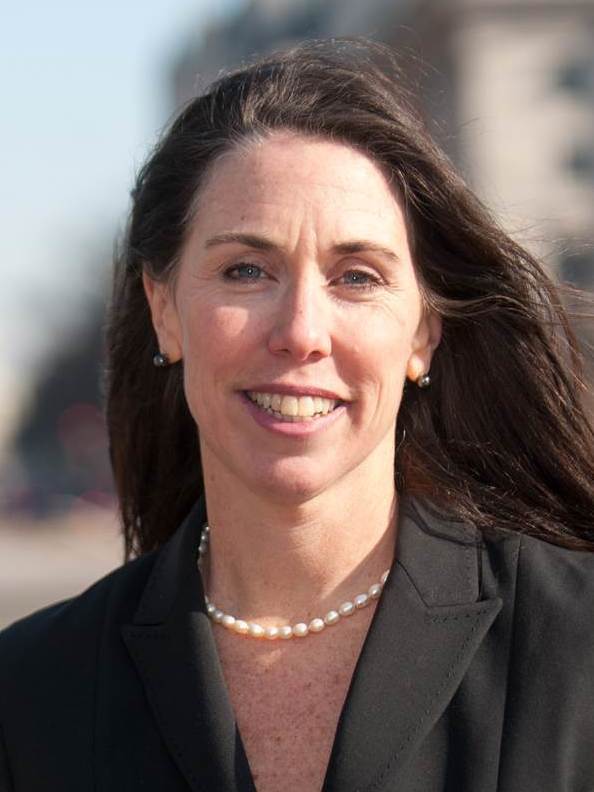Introduction
A proposal moving through Congress that rolls back protections for mobile home buyers would almost exclusively benefit Clayton Homes, a company controlled by billionaire Warren Buffett, according to The Seattle Times.
The bill, which was passed by the House last month and will be considered by the Senate Banking Committee this week, would reverse rules put in place as part of a sweeping financial overhaul in 2010 known as the Dodd-Frank Act.
The proposal would raise the interest rates permitted on some mobile-home loans before they trigger extra protections for borrowers such as pre-loan counseling. The bill also would let mobile-home salespeople work closely with buyers to arrange financing.
Clayton Homes, the mobile home giant owned by Buffett’s Berkshire Hathaway, controls 91 percent of the market that would be deregulated under the bill, according to an analysis of 2013 federal loan data by the Times.
A recent investigation by the Center for Public Integrity and The Seattle Times found Clayton borrowers faced high interest rates, excessive fees and predatory sales practices.
“There’s something wrong with legislation that would benefit any one company,” Rep. Maxine Waters, D-Calif., told the Times. The ranking Democrat on the House Financial Services Committee, Waters said she has grown wary of Clayton’s practices and suggested the federal Consumer Financial Protection Bureau should investigate the company.
The bill’s sponsor, Rep. Stephen Fincher, R.-Tenn., is from the state where Clayton is headquartered, and received more campaign money from Clayton employees than any other candidate in the 2014 election cycle: $15,150. Clayton was his fourth-biggest financial backer, according to the Center for Responsive Politics, a nonprofit tracker of political money.
Fincher declined a request by the Times for an interview. Clayton Homes CEO Kevin Clayton told the paper that the rule changes would benefit all lenders and that it was intended as a lifeline for other lenders who were driven out of mobile home lending by the Dodd-Frank regulations.
“We want more lenders in the industry,” Clayton said in the interview, which took place earlier this month at the Berkshire Hathaway annual meeting in Omaha, Nebraska.
He also said his company is no longer making loans above rates that require extra consumer protections, now about 12 percent interest. Federal data for 2014 loans is not yet available
Clayton lends at unusually high rates, and under federal guidelines most of their loans are considered “higher priced.” Those loans averaged 7 percentage points higher than the typical home loan in 2013, according to a Center for Public Integrity/Times analysis of federal data, compared with just 3.8 percentage points above for other mobile-home lenders.
The investigation showed that Clayton manufactures mobile homes, sells them at its own retail lots, finances purchases through its own subsidiaries and sells property insurance on them. Buyers are often locked into loans at interest rates that sometimes exceed 15 percent, which can be devastating because the houses often depreciate swiftly.
Customers told reporters that Clayton sales staffers steered them to finance at high rates with the company’s own lenders. Many said they were unaware that the lenders, Vanderbilt Mortgage and 21st Mortgage, were part of the same company that built and sold them their homes.
Former Clayton dealers also said the company encouraged them to put buyers in Clayton loans.
In 2010, responding to the financial crisis, Congress adopted sweeping financial reforms as part of the Dodd-Frank Act. Its provisions included rules protecting mobile-home consumers offered high-cost loans.
Under those rules, sales reps must register as loan officers if they are going to provide a borrower with information about financing. The bill moving through Congress would exempt all mobile-home sales reps from registration unless they received extra pay for arranging financing.
Clayton Homes, by far the biggest player in the mobile-home industry, earned $558 million before taxes in 2014, a 34 percent increase over the previous year.
Read more in Inequality, Opportunity and Poverty
Finance
11 things we learned investigating how the government sells mortgages to investors
Finance
Bankers from major institutions still haven’t been held responsible for financial crash
Holder deadline for review of individual cases passes with no action




Join the conversation
Show Comments